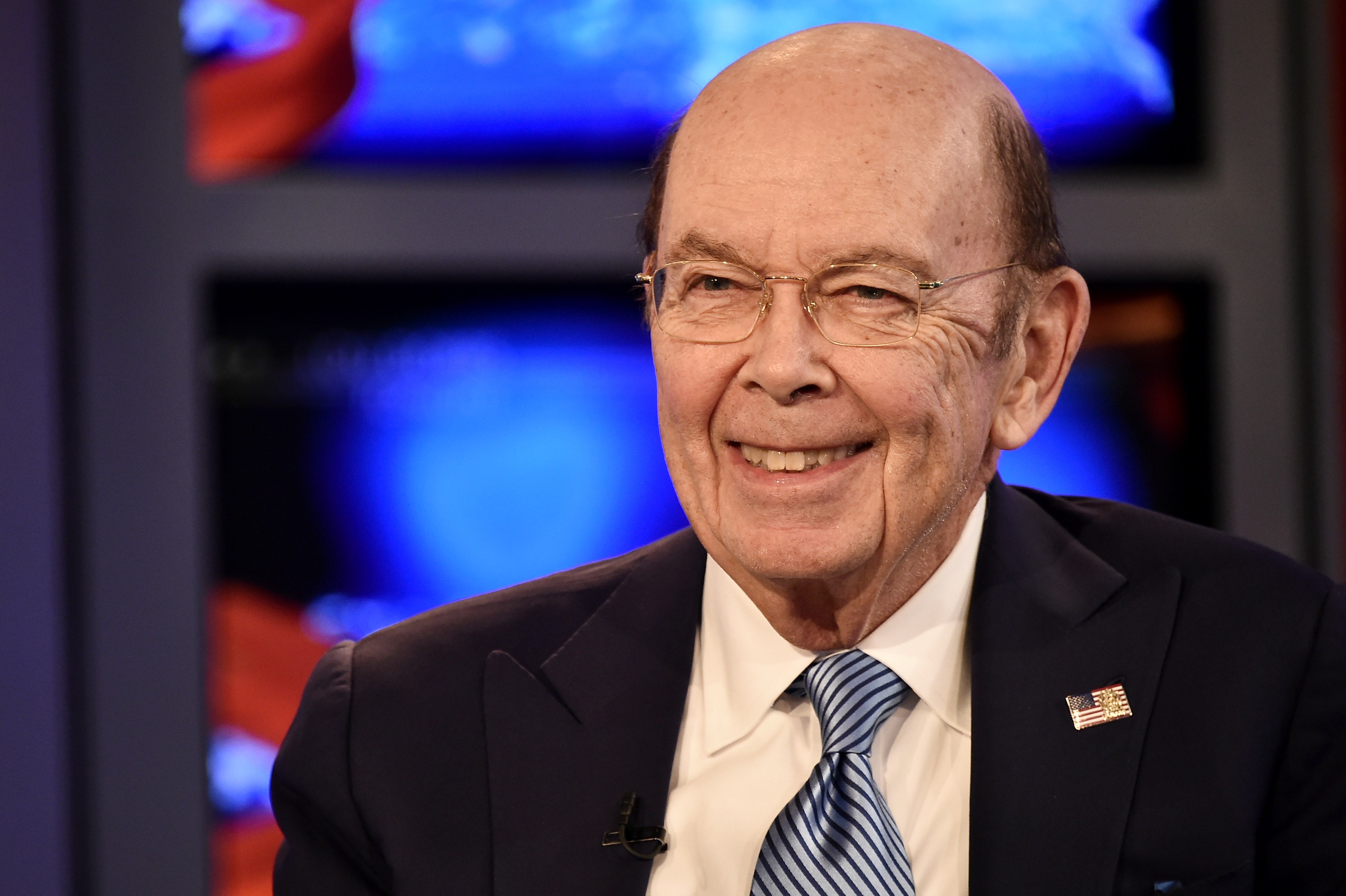

After discussions with automakers, including the firms in Japan, the United States may not levy tariffs later this month on imported automobiles from the European Union and elsewhere, said Commerce Secretary Wilbur Ross.

“We’ve had very good conversations with our European friends, with our Japanese friends, with our Korean friends, and those are the major auto producing sectors,” he said.
He also said that if the negotiations over capital investment plans become fruitful with those countries then imposing the section 232 tariffs would not be required, neither partly nor fully.
In May, the Trump Administration had agreed to delay new tariffs on imported vehicles and parts for six months as Washington was then engaged in negotiations with the European Union and Japan.
In September, the US then underwent a deal with Japan, according to which the tariffs could be averted. Abe and Trump together issued a joint statement that said the two countries would “refrain from taking measures against the spirit of these agreements” and would “make efforts for an early solution to other tariff-related issues.”
South Korea got earlier exemption from any future tariffs because it renegotiated the US-Korea Free Trade Agreement, or KORUS, last year.
The European Union, on the other hand, was yet to reach an agreement with the Trump administration, but maintained that cars made in the 28-country bloc did not pose a threat to the US national security. In September, Cecilia Malmstrom said she hoped the extension of the deadline.
“We’re hopeful that we can avoid the car tariffs for now, but we also know there is a chance the president could change his mind,” commented one diplomat on the condition of anonymity.



Responses






